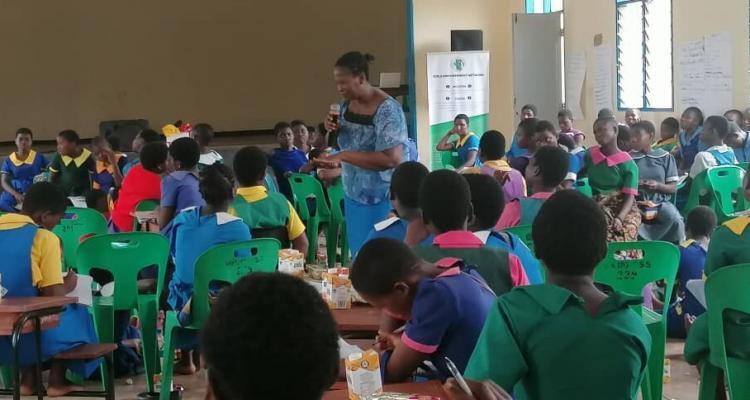
Girls Empowerment Network (Genet) has trained 150 girls in Mulanje on HIV and Aids prevention, various life skills and gender issues, including gender-based violence (GBV) to improve the well-being of girls in the country.
The three-day training that ended on Wednesday at Providence Secondary School in Mulanje comes as Malawi joins the international community in commemorating this year’s 16 days of activism against all forms of GBV.
One of the participants, Bridget Nyambalo, 15, said the training has equipped her with skills on how to work towards achieving her goals, identifying abuse, HIV prevention and skills on how to engage peers who are going astray.
“Most importantly, the camp was a confidence booster for us girls to say a strong no whenever someone is forcing us to engage in activities we are not comfortable with,” Nyambalo added.
Another participant from Lichenya Primary School, Bridget Chisale said the confidence boost the will help them to gather courage and report cases of sexual abuse and harassment to authorities.
Speaking at the camp, Genet Programmes Manager Tamara Mhango said they organised the camp to motivate the girls to set new goals and work towards achieving them.
“Apart from the certificates, we will also provide them with training guides to ensure that the girl-leaders are imparting on their peers exactly what they were taught here at the camp,” she said.
Mhango added that Genet is confident the girls will carry the messages to their respective communities because they ensured that those picked for the training had initially demonstrated leadership qualities in their respective schools.
Prior research has shown that engaging young people to advise their peers is more effective because the advisors have inside knowledge of their target and they speak or understand the same language.
In addition, adolescents tend to listen to their peers’ advice more than their parents’.
The girls camp initiative is part of a three-year Adolescent Girls and Young Women (AGYW) project which GENET is implementing with support from Global Fund through World Vision International (WVI) as Principal Recipient.
By Leah Malimbasa














